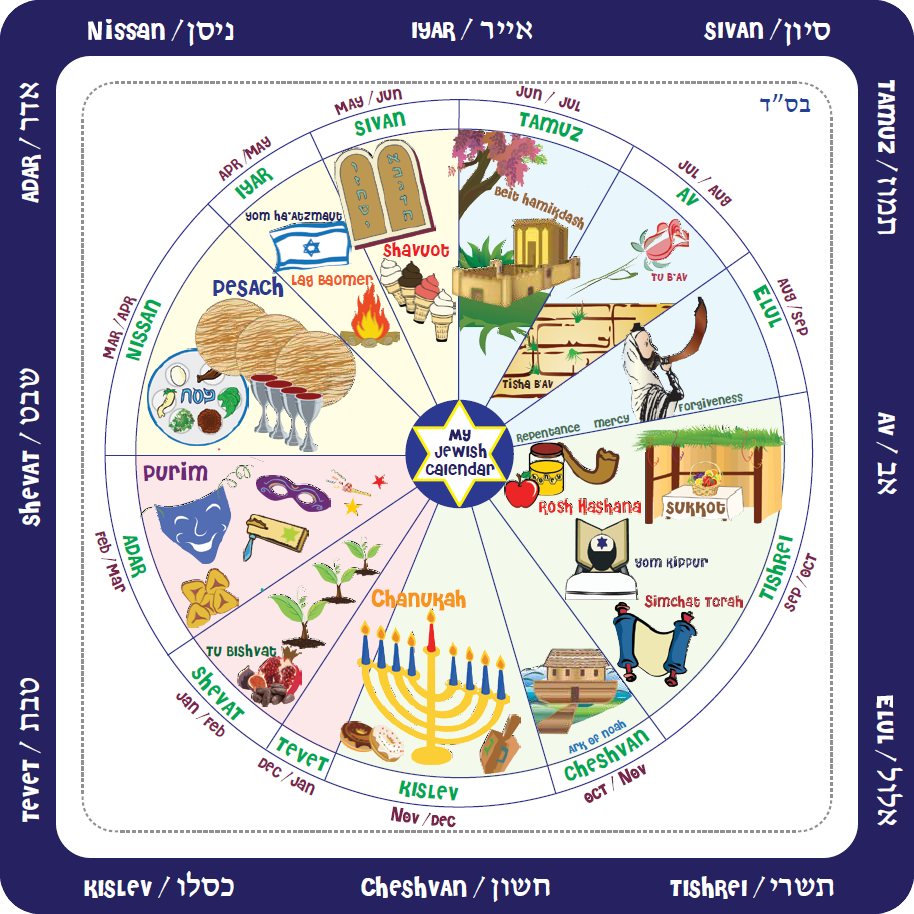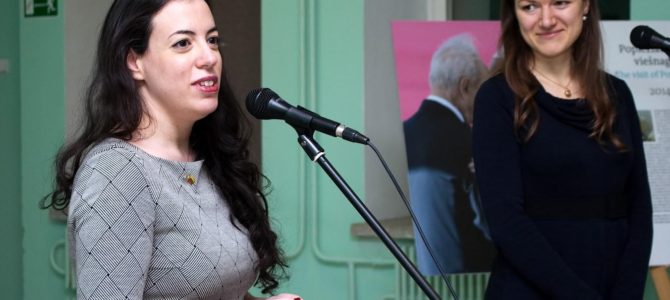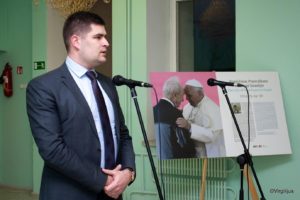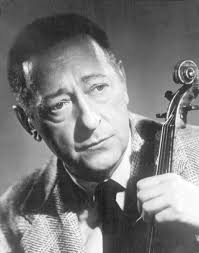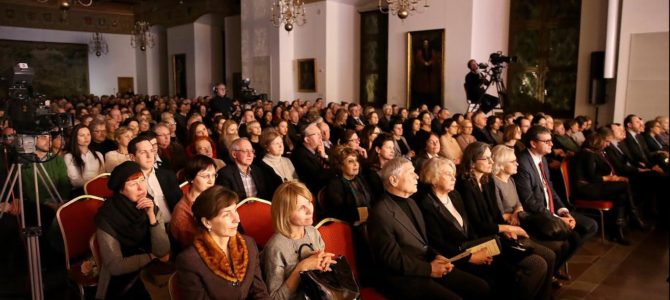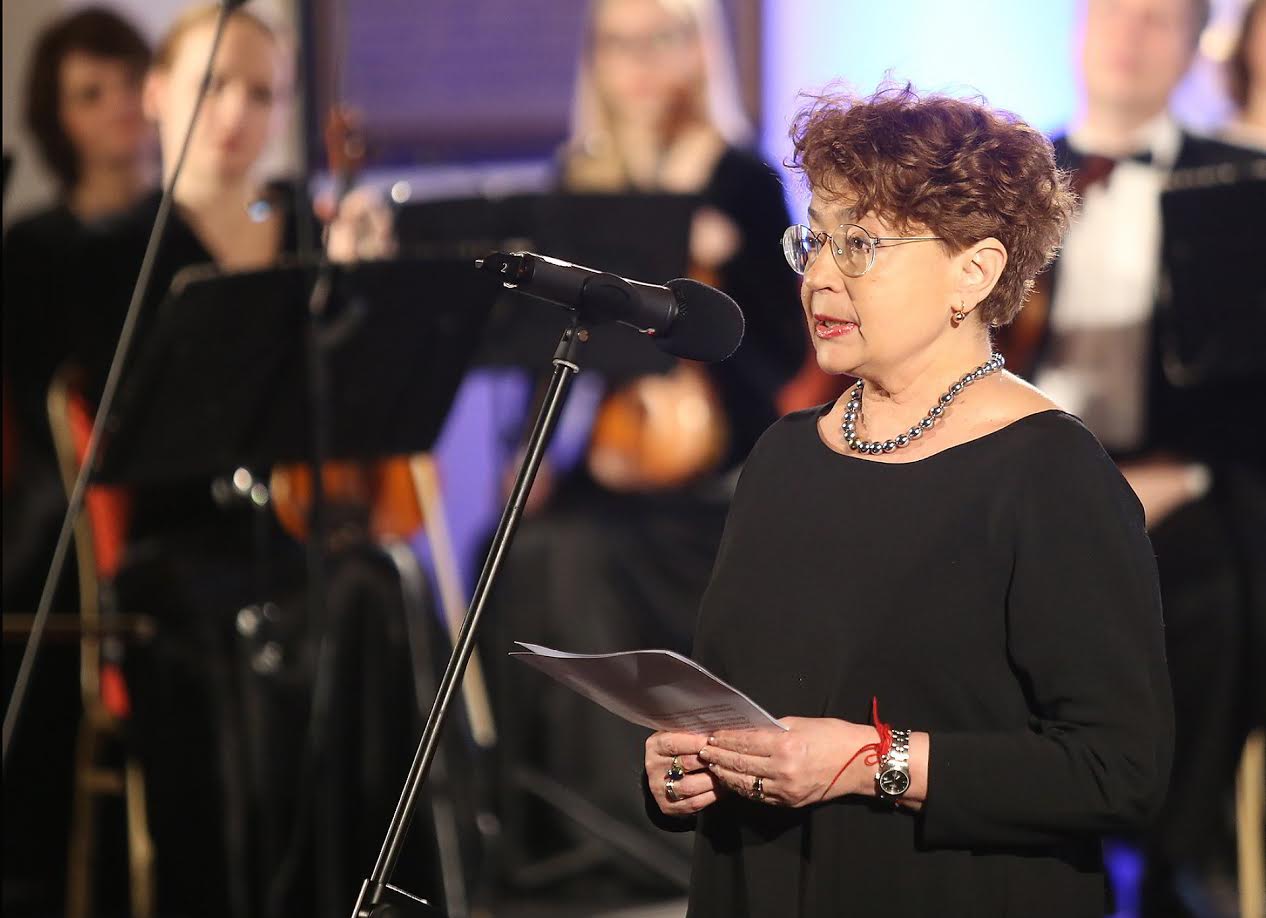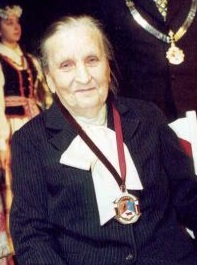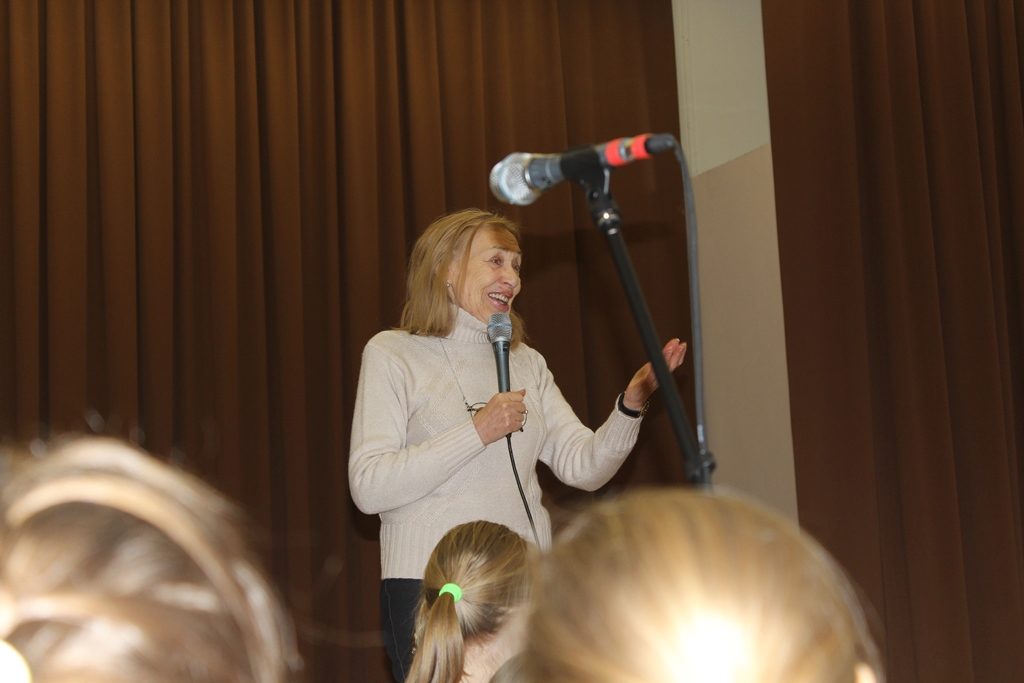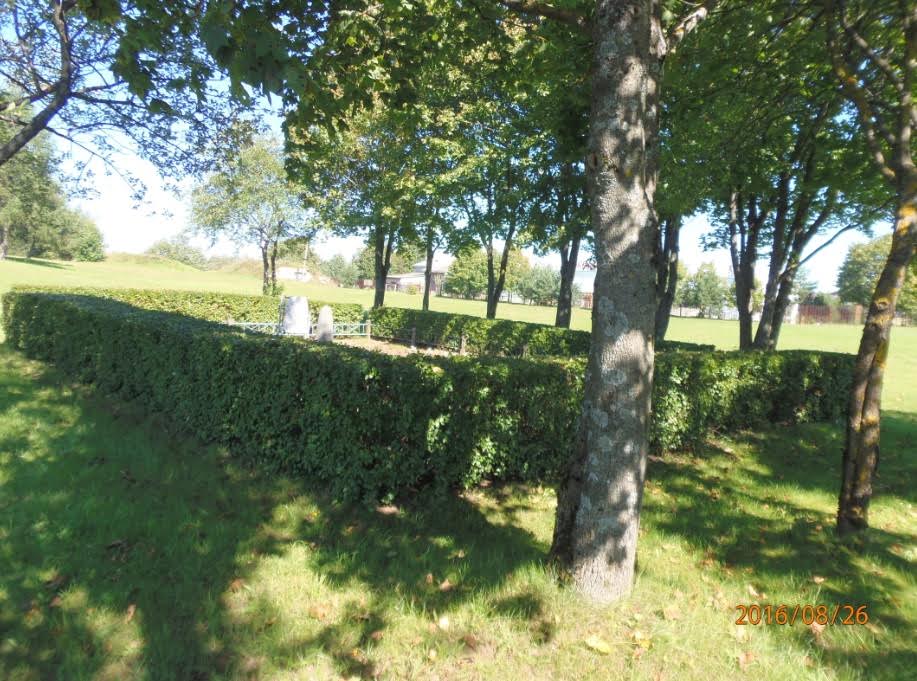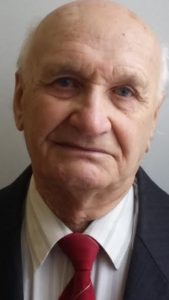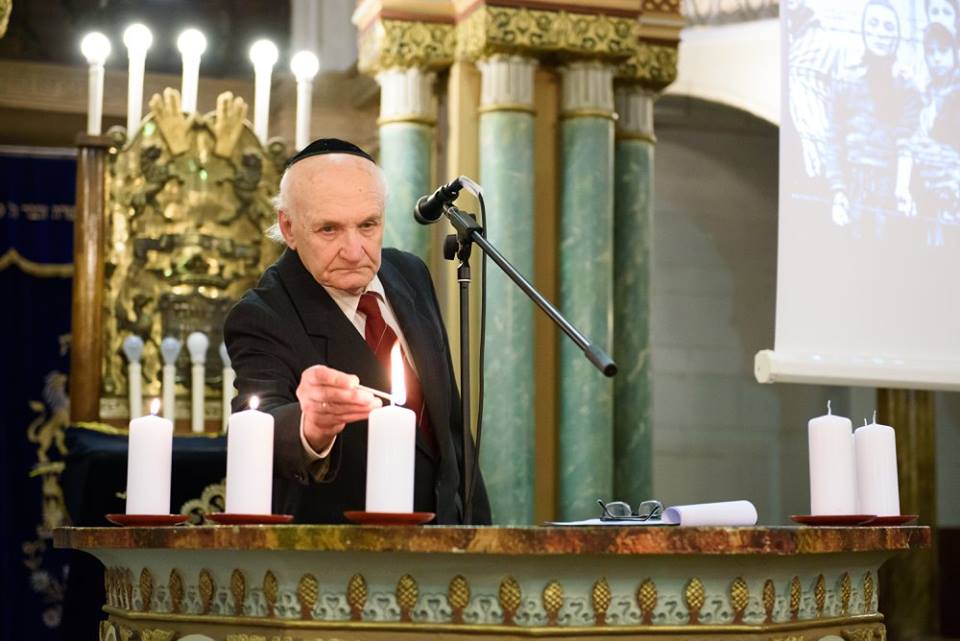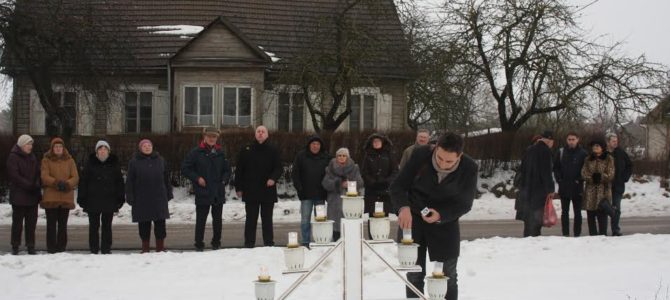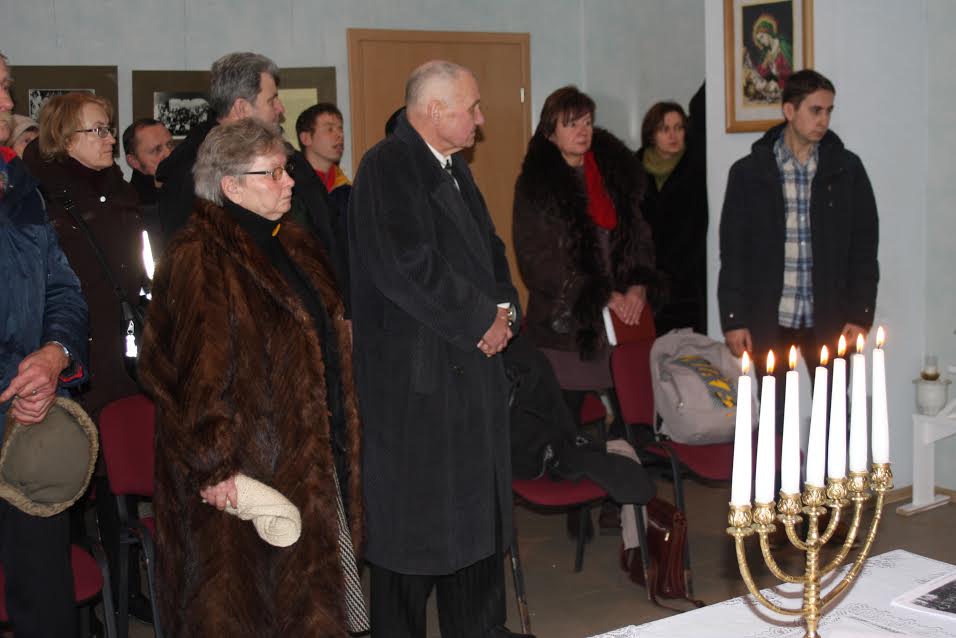The Lithuanian Jewish Community is publishing a series of articles by the historian Algimantas Kasparavičius, a senior researcher at the Lithuanian History Institute.
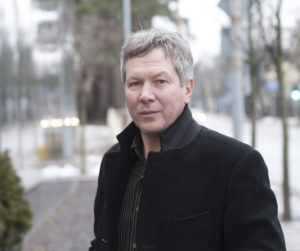
Part 4
By their June 25, 1941, meeting, the Provisional Government resolved to “move towards the organization of police in Kaunas, and expand partisan activities in the countryside where gangs of Bolsheviks, Communists and Jews still remain.” [1] On June 26 the PG sent a request to just-arrived Wehrmacht commandant von Pohl, asking: “1) to step-up even more the cleansing operation, 2) to allow our partisan units to operate more widely.” [2] At the same meeting that day acting prime minister professor Juozas Ambrazevičius stated “the partisans of Lithuanian work in contact with the Lithuanian Activist Front and the Provisional Government,” and where military action had already subsided “the operation of the partisans becomes police functions and as sharp-shooters.” [3] These weren’t empty words. The mechanism which had been wound up began to spin. For instance, the Alytus TDA platoon noted in their operations report for the beginning of July that “according to reports from citizens 36 Communists, 9 Red Army soldiers and a larger number of Jews had been apprehended and are in detention.” [4] It’s characteristic the Lithuanian official accurately listed the number of Communists and Red Army soldiers arrested without bothering to count the Jews arrested. If anyone knows at least a little bit about the propaganda content of the calls to action issued by the LAF and has an understanding of the internal logic and semantics of the Lithuanian language, I believe that person has a clear understanding of what that signifies and why the situation was described in this manner and not a different manner in the report by the Lithuanian official.
On July 17, 1941, Alytus district administrator Antanas Audronis reported to Provisional Government interior minister colonel Jonas Šlepetis: “The are carrying out arrests and conducting searches, and fulfilling quotas for Communists, robbers and rumor-mongers. The quotas are turned over to the local German military command. By German order 82 Communists have been shot in the district. There are 389 under arrest and approximately 345 more Communists need to be arrested.” [5] If this document isn’t a typical example of Nazi collaboration, then what does collaboration even mean?
On July 16, 1941, Alytus district police chief and aviation captain Stasys Stasys Krasnickas–Krosniūnas gave a speech to his subordinates: “Jewry, as an inbred people who under the red banner as a cover want to enslave all of humanity through the means of the highest kind of sadism and turn us into animals, has been very quickly dealt with through the radical measures of the führer of the German people. We must consider that this problem has already been solved, but there still appears one or another Lithuanian, even a police officer, who attempts to solve this problem in their own way. I tell you there can not be two different opinions on this problem. There is and should be only one opinion, it must be executed 100%, and it is clearly set out in Adolf Hitler’s book Mein Kampf.” [6]



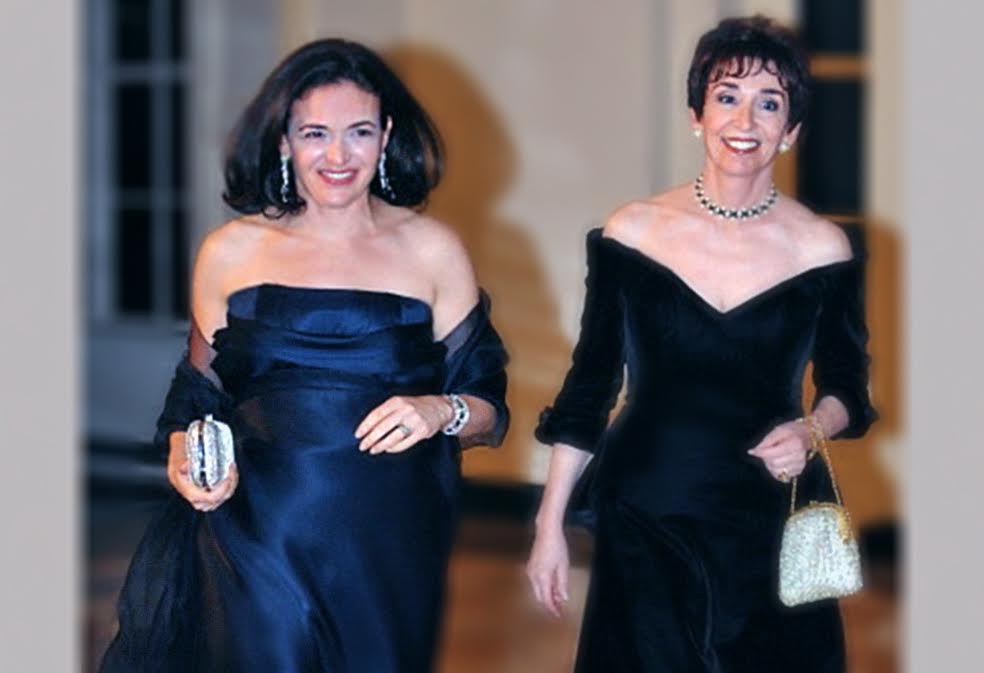
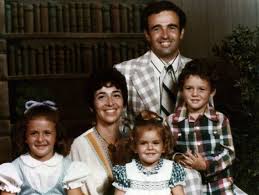
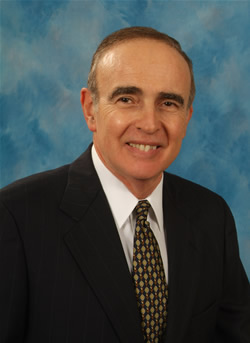
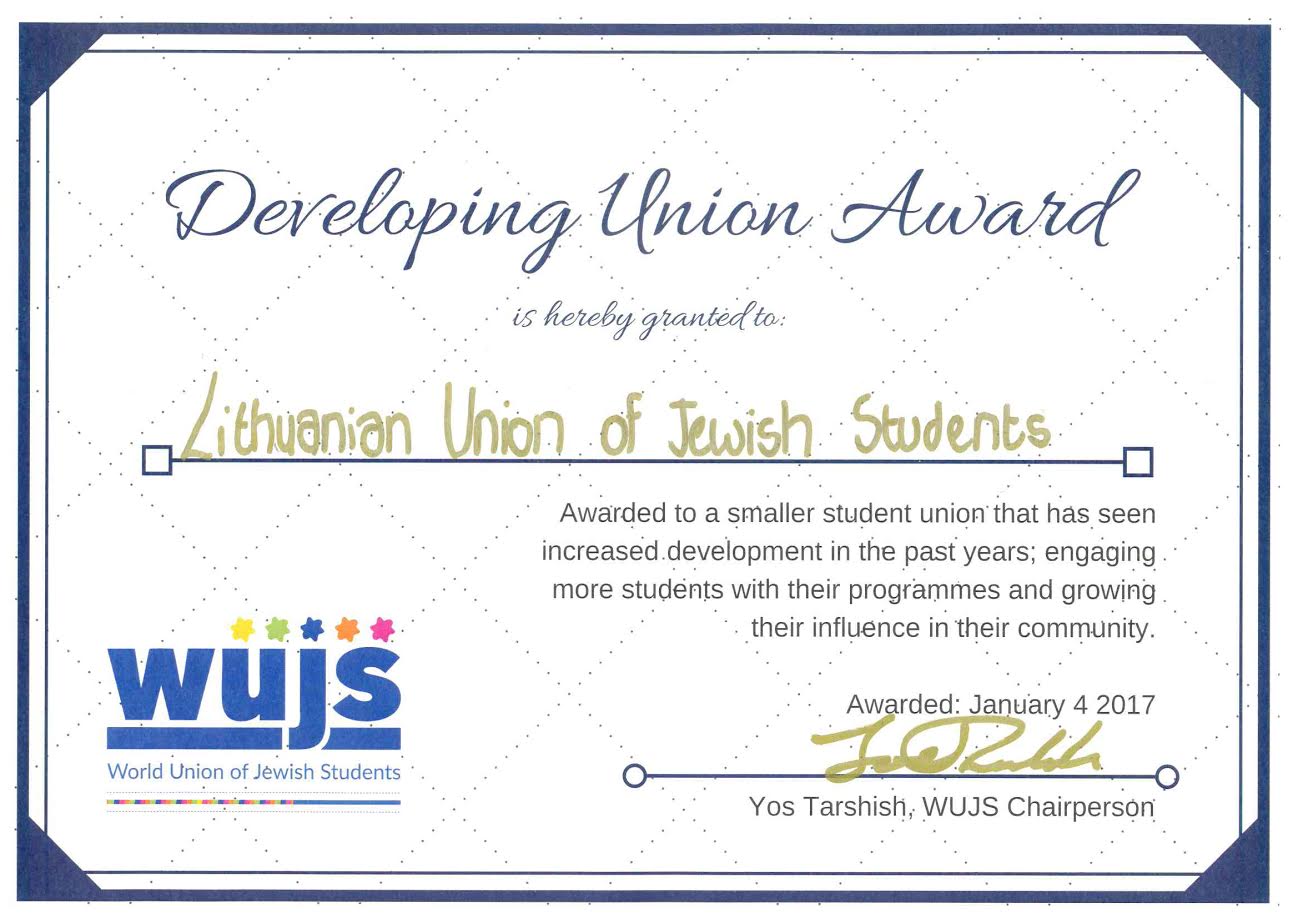
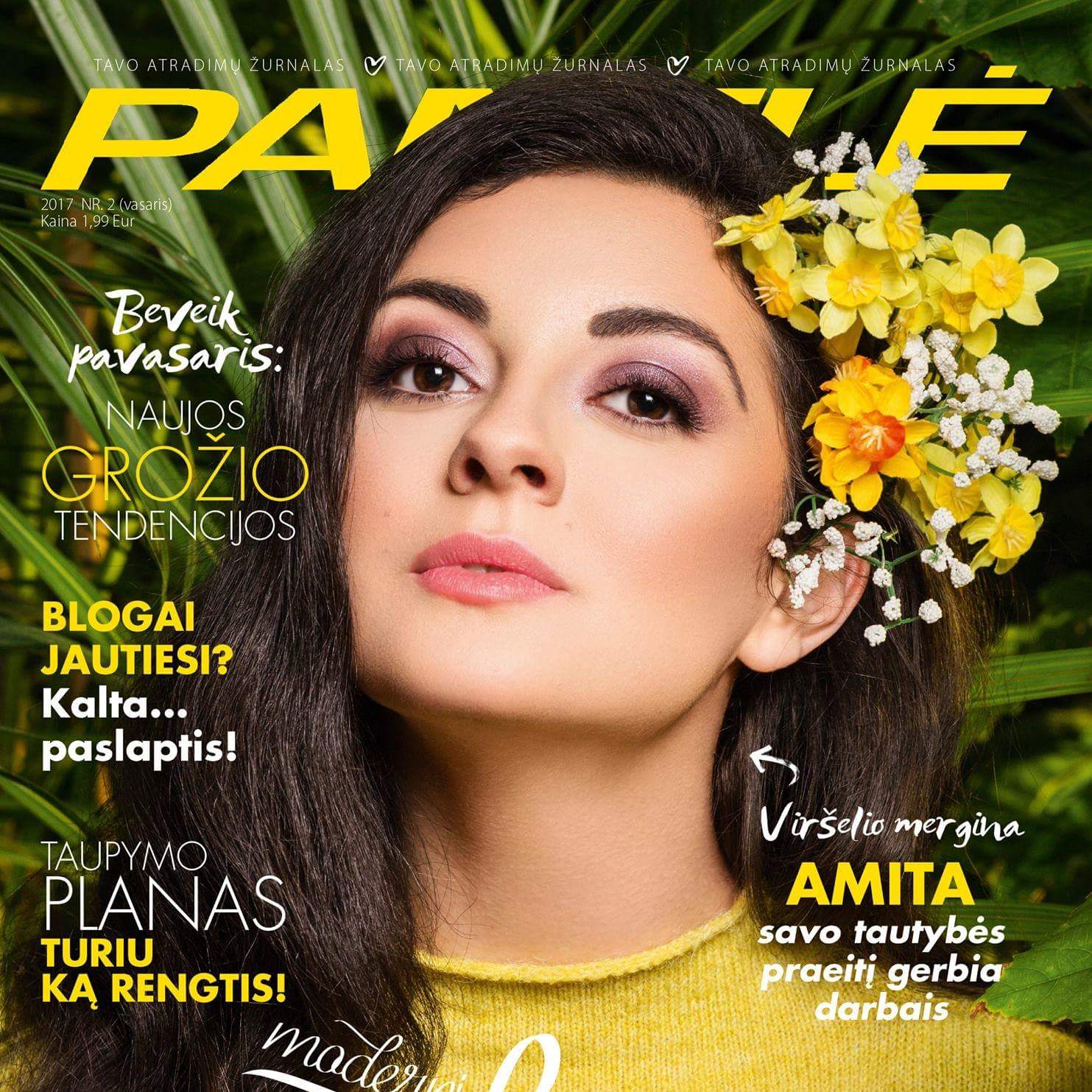 A popular magazine for young Lithuanian women has featured Amit Belaitė, the head of the Lithuanian Union of Jewish Students, on its February cover, with a long interview with her and a series of fashion photographs inside.
A popular magazine for young Lithuanian women has featured Amit Belaitė, the head of the Lithuanian Union of Jewish Students, on its February cover, with a long interview with her and a series of fashion photographs inside.
